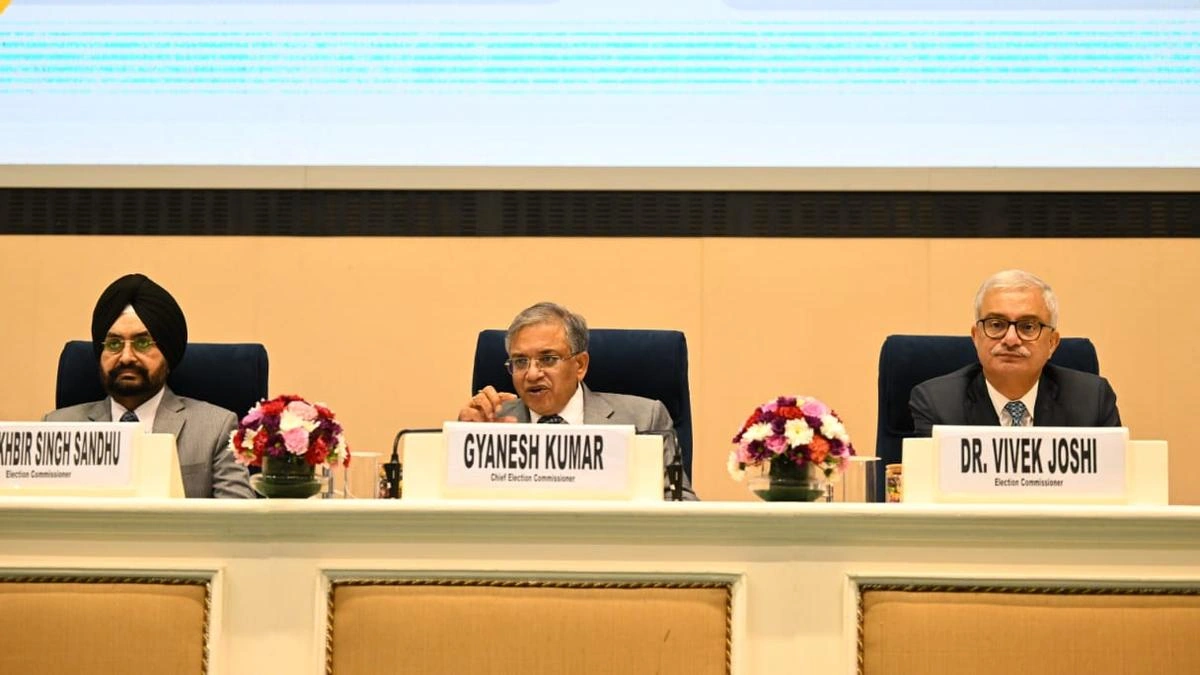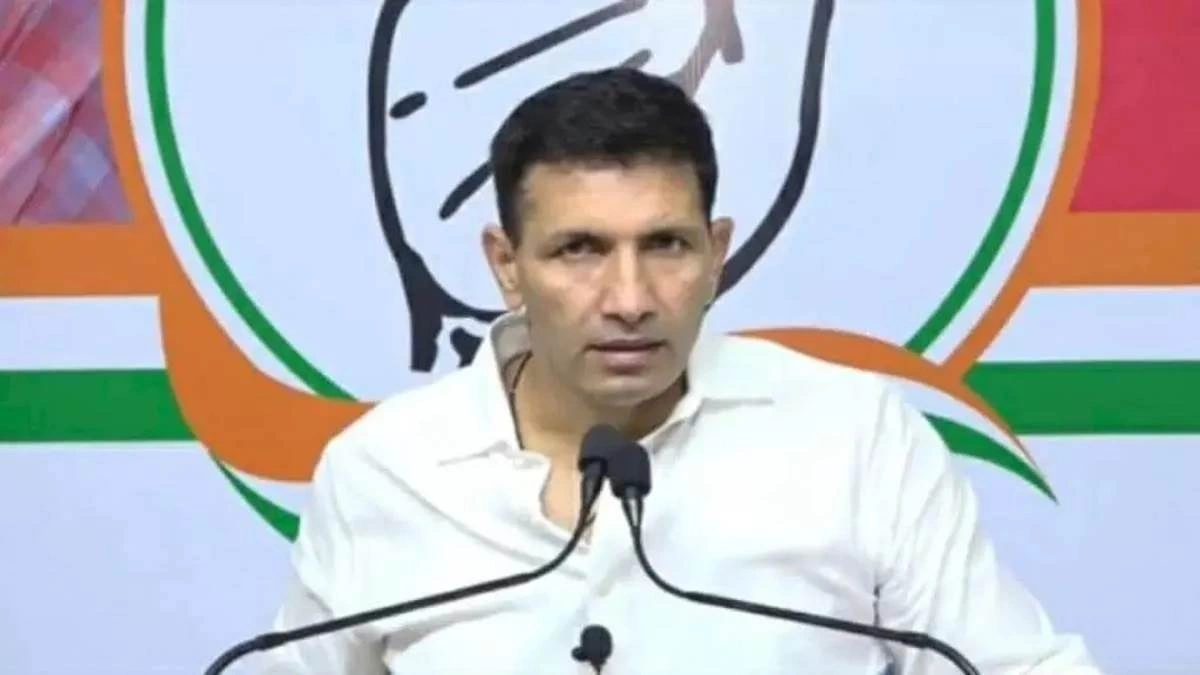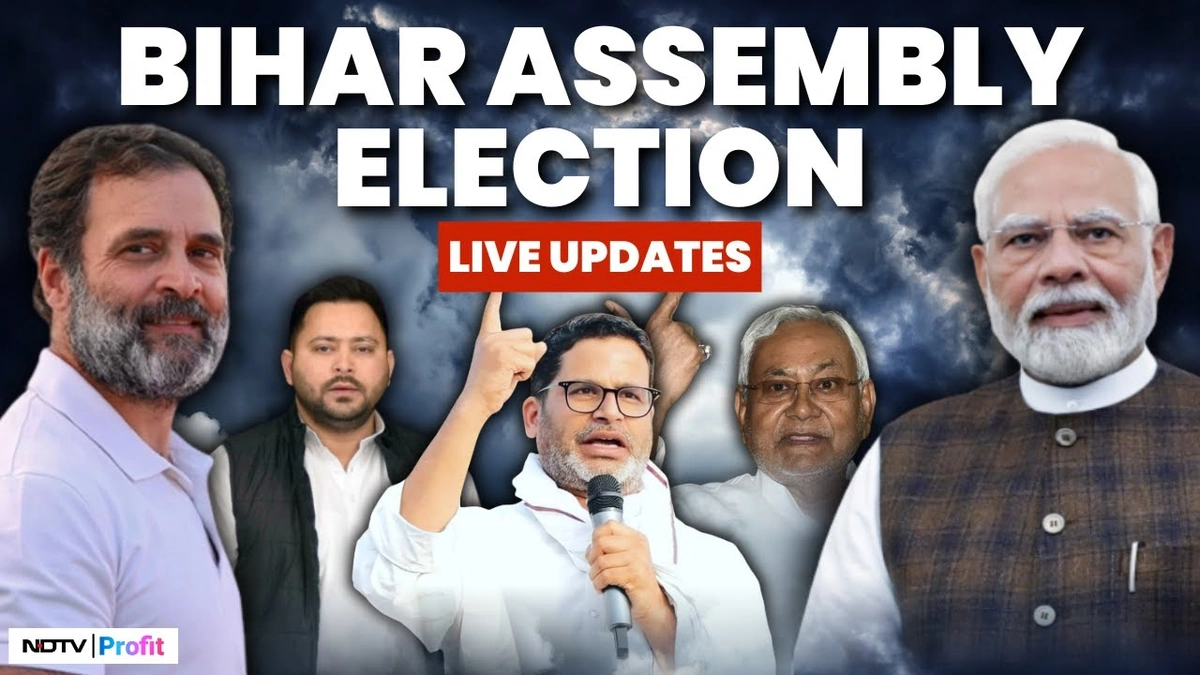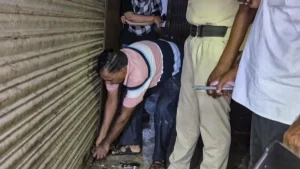Bihar Assembly Elections | 500+ CAPF Companies Deployed
The air is thick with anticipation, isn’t it? Especially when we’re talking about something as crucial as the Bihar Assembly Elections . But here’s the thing: it’s not just about casting votes; it’s about ensuring a fair and safe process. And that’s where the deployment of over 500 companies of Central Armed Police Forces (CAPF) comes into play. But, why so many? What does this massive security presence really mean for the average voter in Bihar? That’s what we’re going to unpack today.
Why the Heavy Security? Decoding the Deployment

Let’s be honest – elections in India, particularly in states like Bihar, can be… spirited. And by “spirited,” I mean prone to incidents that can disrupt the democratic process. The Election Commission of India (ECI) leaves nothing to chance. But beyond the obvious need to prevent booth capturing and violence, there’s a deeper, more nuanced reason for deploying such a large number of CAPF companies. It’s about building confidence. Imagine being a first-time voter, or someone from a marginalized community. Seeing a visible security presence reassures you that you can exercise your right to vote without fear or intimidation. According to various reports, the deployment strategy also takes into account past incidents of electoral violence and specific threats identified by intelligence agencies. This isn’t just about muscle; it’s about strategic reassurance.
The Election Commission takes into account various factors before deciding on the quantum of force deployment. This includes the history of violence in specific regions, the presence of criminal elements, and even the socio-political dynamics at play. It’s a complex calculation designed to create an environment conducive to free and fair elections.
Breaking Down the CAPF | Who Are These Guys?
So, you’ve heard about the CAPF, but what exactly is it? It’s not just one big blob of security personnel. The CAPF is an umbrella term for several central armed police forces in India, including the CRPF (Central Reserve Police Force), BSF (Border Security Force), ITBP (Indo-Tibetan Border Police), CISF (Central Industrial Security Force), and SSB (Sashastra Seema Bal). Each force has its own specialization and training. During elections, they work in coordination with the local police to maintain law and order. What fascinates me is the sheer logistical challenge of deploying these forces across Bihar’s diverse terrain – from the flood-prone plains to the dense forests. It requires meticulous planning and coordination between the central and state governments.
The presence of neutral central forces like the CAPF is often seen as crucial for maintaining impartiality during the elections. Unlike the state police, which may be perceived as being aligned with the ruling party, the CAPF is seen as a more objective entity.
The Impact on Voters | More Than Just Security
Now, let’s talk about you – the voter. How does this massive security deployment affect your experience? Well, first and foremost, it aims to create a safe and secure environment for you to cast your vote. But it goes beyond that. The presence of CAPF personnel can also deter anti-social elements from disrupting the electoral process. This can lead to higher voter turnout, especially among marginalized communities who may be more vulnerable to intimidation. And that’s crucial, because a higher voter turnout usually leads to a more representative outcome, meaning your voice is more likely to be heard.
But, and this is a big but, there are also concerns. Some critics argue that an overbearing security presence can create a climate of fear and discourage people from voting. It’s a delicate balance – ensuring security without stifling the democratic process. Criticism has sometimes been leveled at the ECI regarding the perceived overreach or insensitivity of security forces. The key is transparency and accountability – ensuring that the CAPF personnel are acting within the bounds of the law and respecting the rights of voters.
Beyond the Headlines | The Socio-Political Context
To truly understand the significance of this deployment, we need to zoom out and look at the bigger picture. Bihar has a history of electoral violence and social unrest. Caste dynamics, political rivalries, and economic disparities often play a role in fueling tensions during elections. The deployment of CAPF companies is, in many ways, a recognition of these underlying issues. It’s an attempt to create a level playing field where all voters can exercise their democratic rights without fear or favor. But, and this is important, security measures alone cannot solve the deep-rooted problems that plague Bihar. Ultimately, it’s up to the political parties, civil society organizations, and the people of Bihar themselves to address these issues and build a more inclusive and equitable society.
The deployment of central forces is often higher in states with a history of electoral malpractices or a higher threat perception. This is not unique to Bihar, but the scale of deployment often reflects the specific challenges faced by the state. Bihar has a complex socio-political landscape , and elections are often a flashpoint for underlying tensions.
What Happens After the Election | Sustaining the Momentum
So, the election is over, the votes are counted, and a new government is formed. What happens to the CAPF companies? Well, most of them are redeployed to their regular duties, guarding borders, combating insurgency, or protecting vital installations. But the lessons learned from the election remain. The experience of working in Bihar’s challenging environment helps to refine the CAPF’s tactics and strategies. And the Election Commission uses the data collected during the election to improve its planning and execution for future polls. But what I find truly fascinating is the potential for using this security infrastructure for other purposes. Could the CAPF companies be used to assist in disaster relief efforts? Could they be deployed to combat organized crime or human trafficking? The possibilities are endless, but it requires a shift in mindset and a willingness to think outside the box.
The role of security forces in elections is evolving. It’s no longer just about preventing violence; it’s about creating an environment conducive to free and fair elections. Electoral reforms are ongoing, and the Election Commission is constantly seeking ways to improve the process. The challenges are immense, but the commitment to democracy remains unwavering.
FAQ Section | Your Questions Answered
What if I see something suspicious near a polling booth?
Report it immediately to the nearest police officer or CAPF personnel. Your vigilance can help prevent trouble.
Will the presence of so many security personnel delay the voting process?
The ECI and the security forces are trained to ensure a smooth and efficient voting process. Delays are unlikely.
Are the CAPF personnel familiar with the local language and customs?
While they may not be fluent, efforts are made to ensure that at least some personnel can communicate effectively with the local population. Coordination with local police is key.
What if I forgot my voter ID card?
You can still vote if your name is on the electoral roll and you can provide another valid form of identification, such as Aadhar card or PAN card. Check the ECI website for a complete list of acceptable documents.
Can I carry my mobile phone inside the polling booth?
No, mobile phones and other electronic devices are generally not allowed inside the polling booth.
How can I ensure my vote is counted fairly?
Follow the instructions of the polling officers carefully. Cast your vote in secret and do not disclose your choice to anyone. If you have any doubts, ask for assistance.
So, there you have it. The deployment of 500+ CAPF companies in Bihar is more than just a news headline; it’s a complex and multifaceted effort to safeguard democracy. It’s about building confidence, deterring violence, and ensuring that every voter can exercise their right to vote without fear. But it’s also a reminder of the challenges that Bihar faces – the deep-rooted social and political tensions that often erupt during elections. Ultimately, the success of this deployment will depend on the cooperation of all stakeholders – the Election Commission, the security forces, the political parties, and the people of Bihar themselves. It’s a collective responsibility to ensure that the Bihar Assembly Elections are free, fair, and peaceful. And that, my friends, is something worth fighting for.













